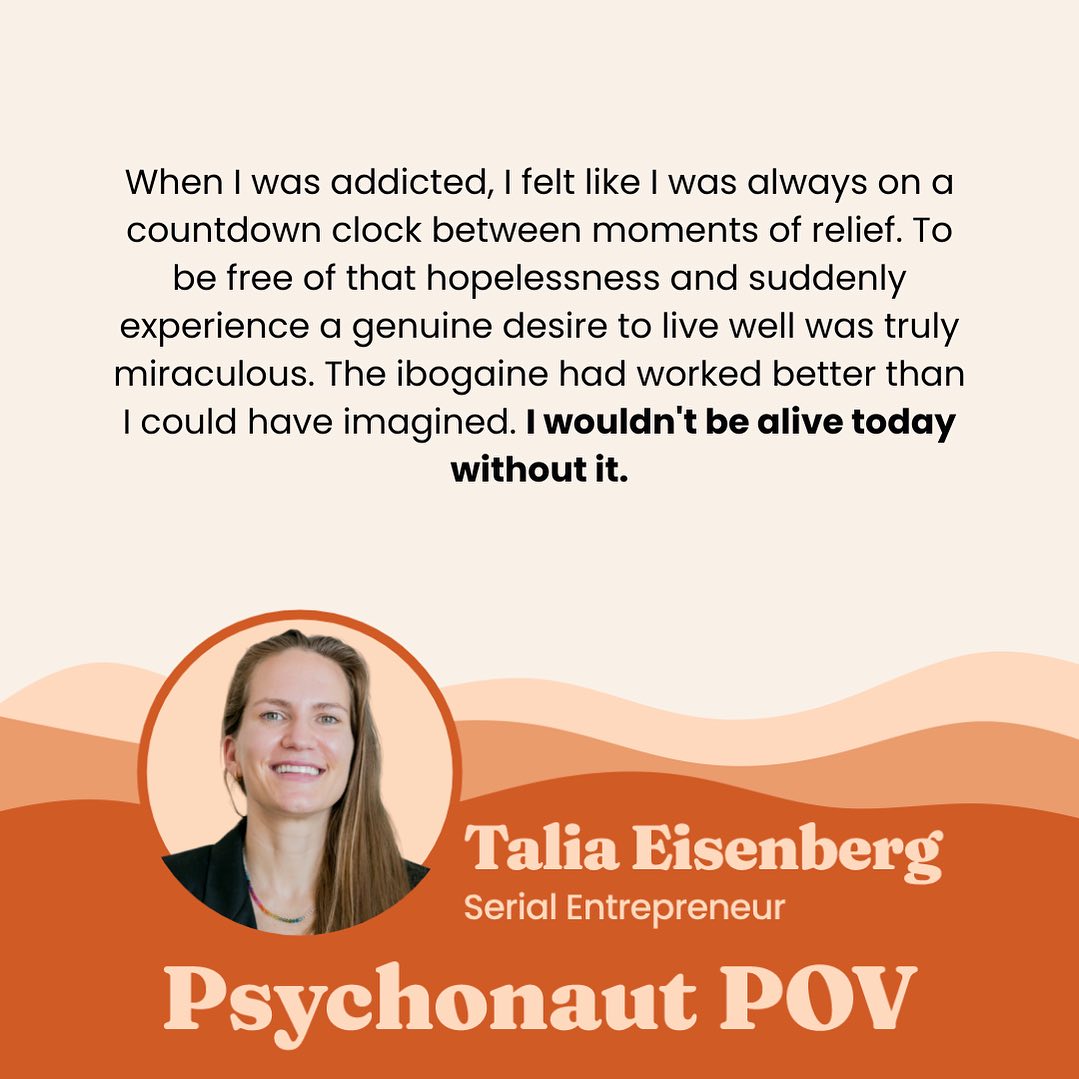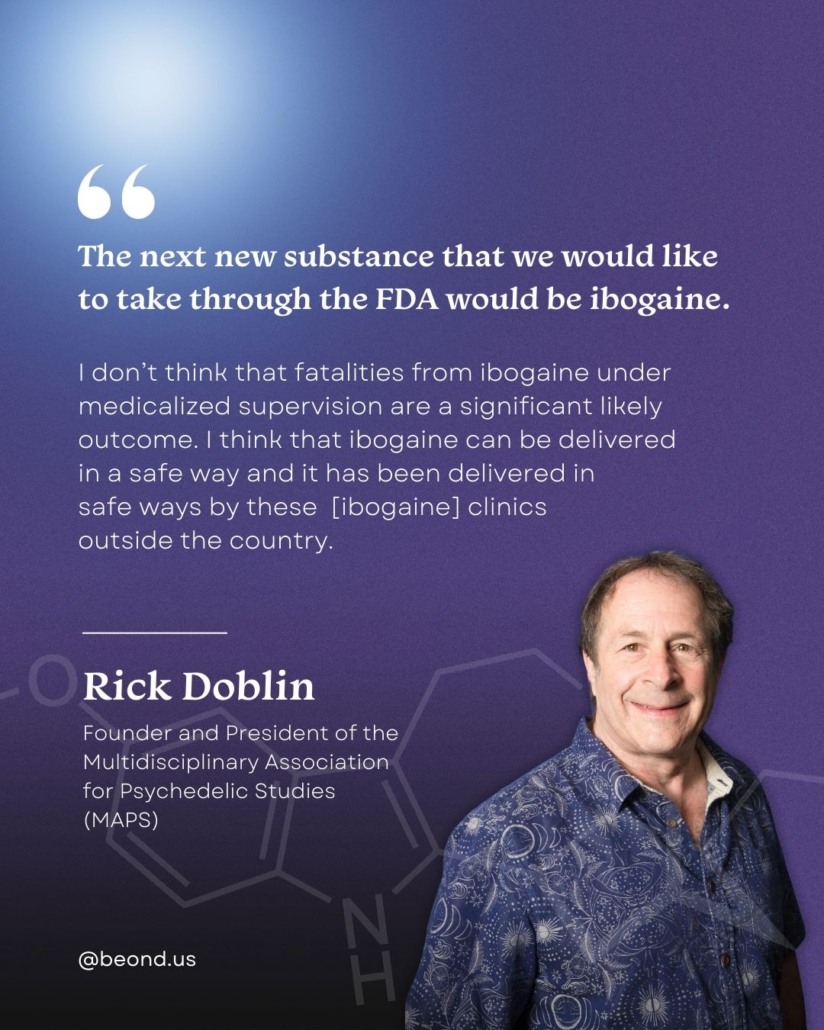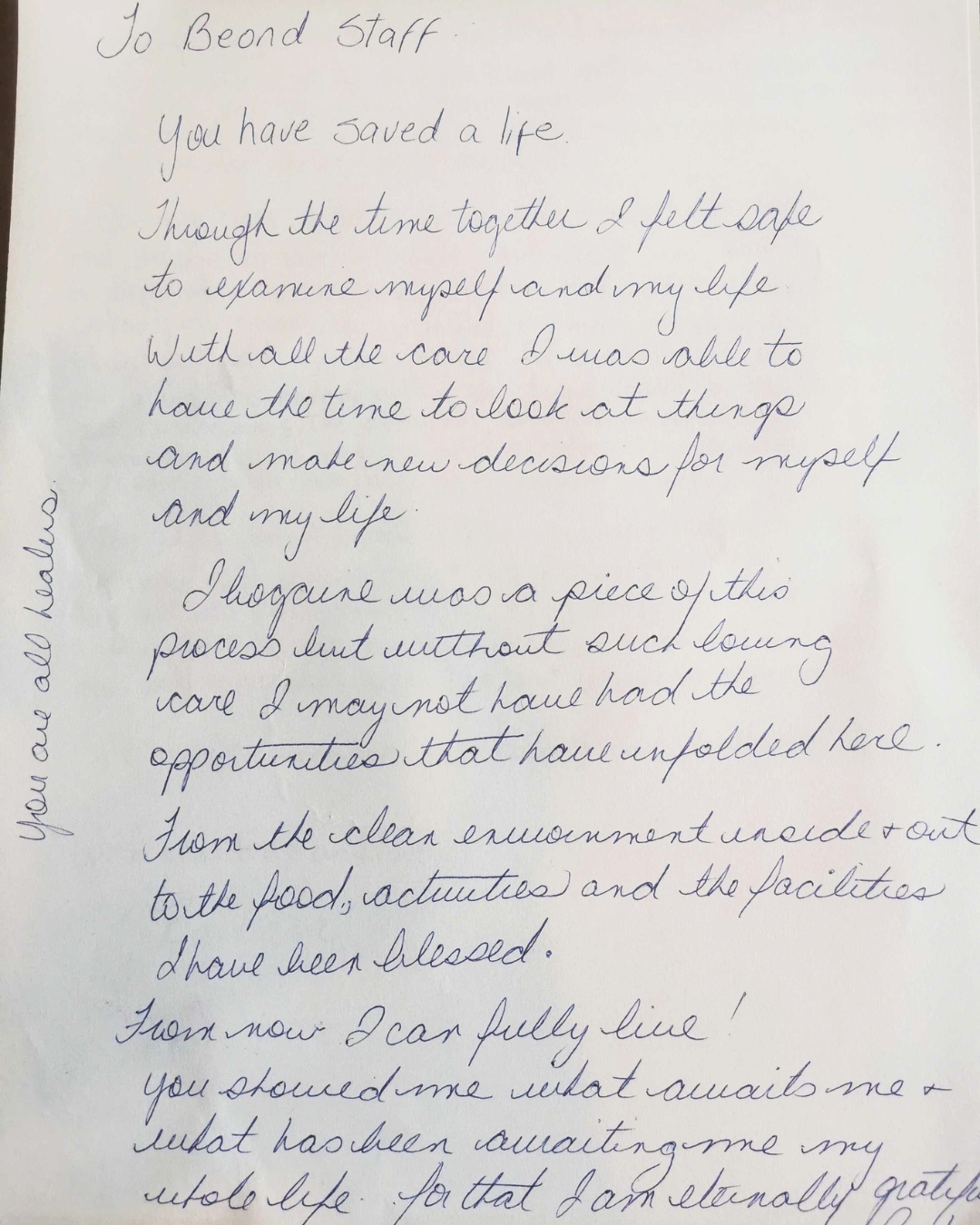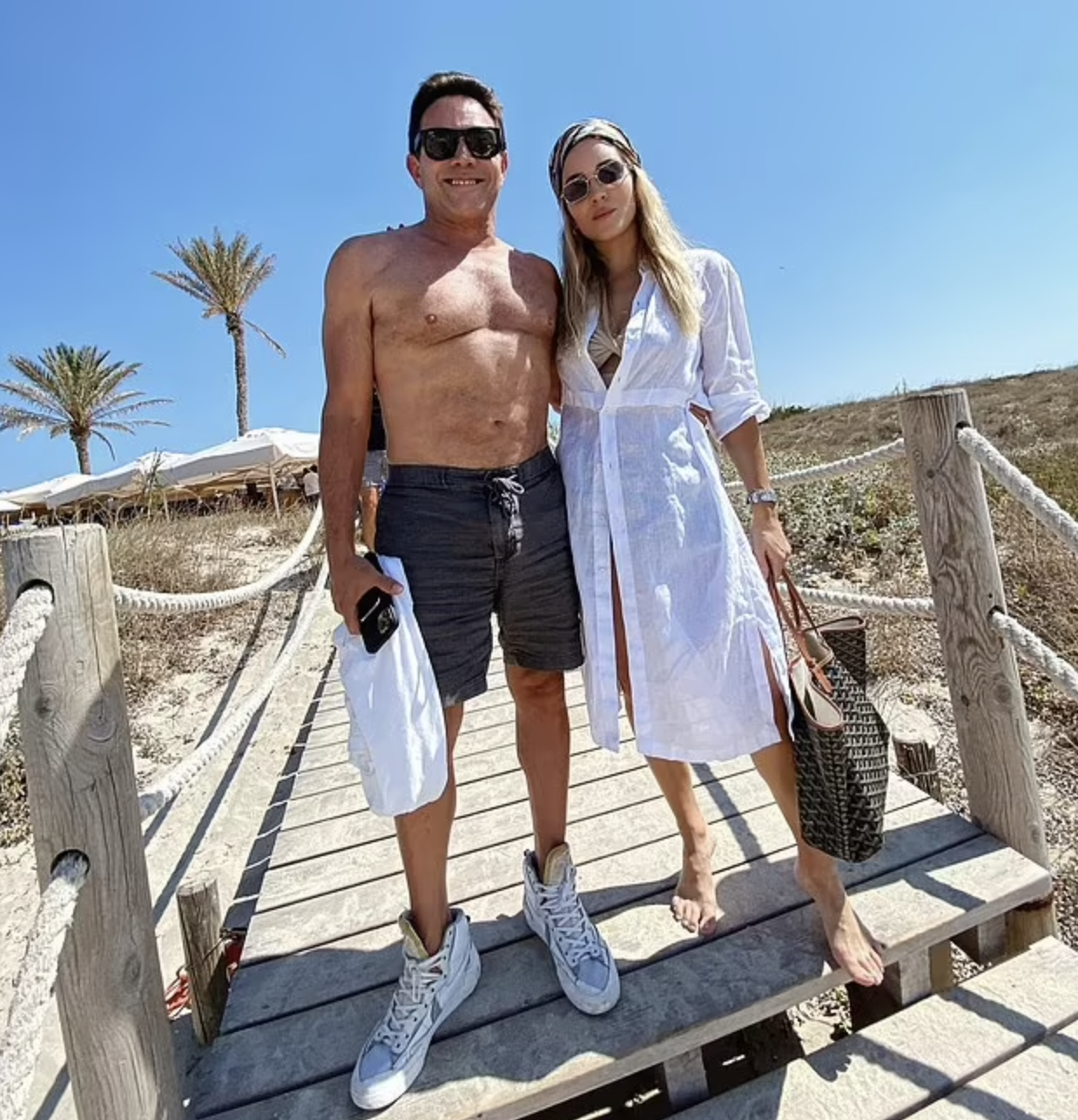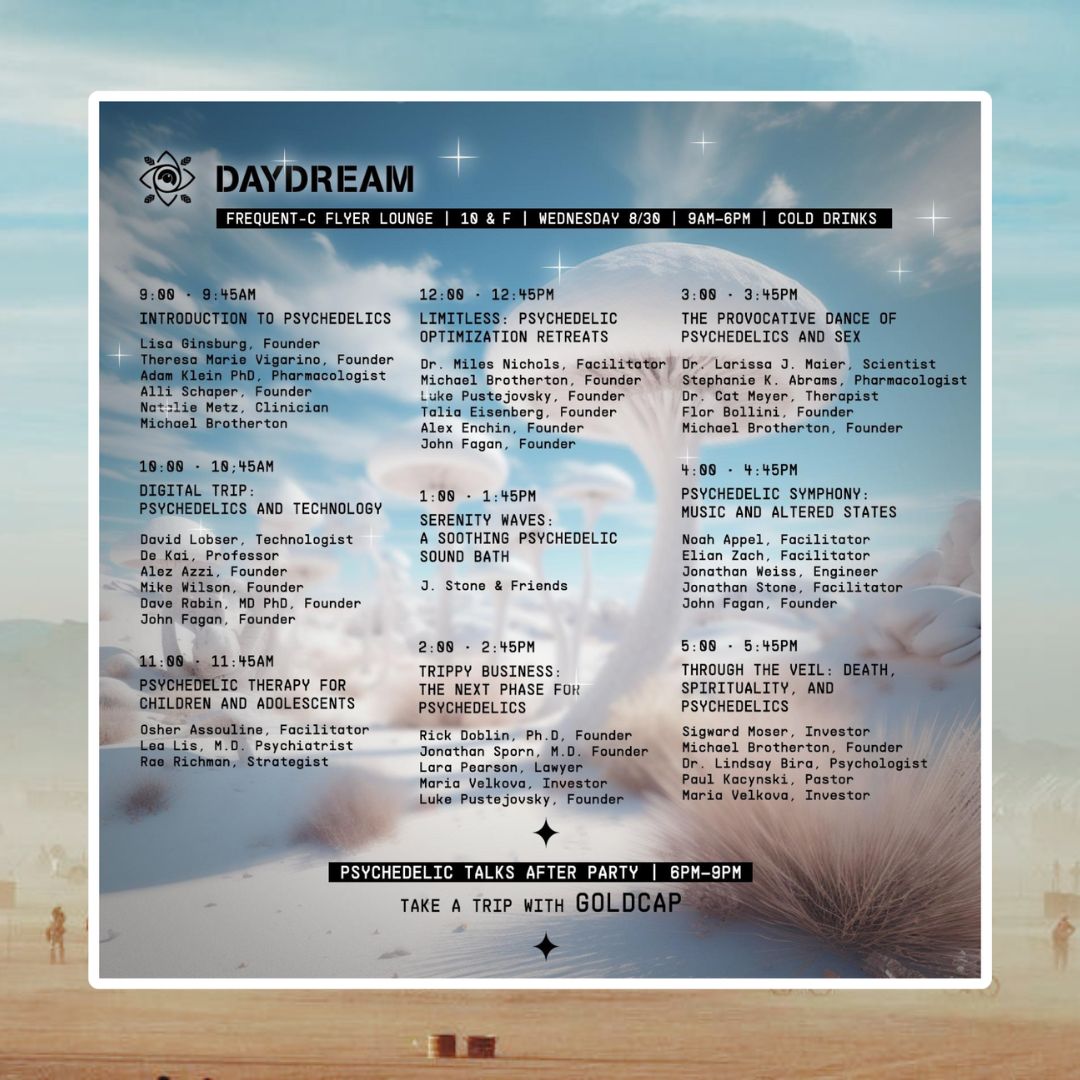They say they’re not drug dealers – merely intermediaries who assist those looking for a transcendent experience
Mike Zapolin, a bald, guru-like figure with a white beard and dark sunglasses, is telling me about a group of Silicon Valley tech executives that wanted to try something a little different for their most recent corporate retreat. Rather than the normal team-building exercises, they opted for a three-hour “ket-itation” – that’s ketamine and meditation – led by a doctor who gave them lozenges dosed with the dissociative. As they went on their individual trips, they sat together and listened to calming, spa-like music. After their experience, Zapolin tells me, the team reported that they worked together better on projects, had more empathy for each other, and felt a burst of creativity.
Zapolin, who also goes by the name Zappy, helped them organise the whole retreat. He describes himself as “psychedelic concierge”, which might just sound like a glorified drug dealer, but Zapolin says he’s no such thing: “A hotel concierge does not get you the food you’re going to eat; they just make the reservation,” he said. “It’s the same with me: I’m advising based on best practices and protocols, and using my network to find the doctor or expert.”
As the business world and the super rich explore the benefits of mind-altering drugs – a phenomenon sometimes derided as “corporadelic” – a cottage industry of psychedelic concierges has emerged. If you believe Zapolin, “the career is very lucrative”. Concierges help an individual find the right ketamine clinic, where an MD provides their infusions. If someone prefers to trip out in nature, they have connections to scenic retreats, where a shaman or guide gives them their dose.
Zapolin, an investment banker who also made huge fortunes from buying and reselling in-demand domain names (he sold Beer.com for $7m in 2004), positions himself as a concierge “to the stars”. It’s not uncommon for him to charge $10,000 or more for his services; some of his ultra-rich clients have paid six figures for a consultation. Fortune 500 executives, former Bachelor contestants, and royalty have all enlisted Zapolin’s service. “Middle Eastern royalty,” he clarifies, although he thinks a call from a former British prince who recently wrote about tripping on mushrooms, “is inevitable”.
The Fast & Furious actor Michelle Rodriguez allowed Zapolin to direct a documentary, The Reality of Truth, about her ayahuasca journey. He has also helped the former Los Angeles Laker Lamar Odom stay sober by setting him up at a clinic that provides ibogaine sessions – a psychoactive that can be used to treat addiction.
“Someone recently called because they said they heard that Lily Tomlin loves peyote, and they’re very big fans of her, so they thought they’d try it too,” says Jaqueline Lopez, another concierge and founder of Entheo Medicine in Santa Barbara. “Those 65- to 70-year-olds are my favorite to work with.”
Despite his hefty fees and celebrity clientele, Zapolin occasionally also works pro bono. He’ll also provide comp services to influencers who agree to promote his work to their large followings. “If you help someone out of a ditch mentally, or save the life of someone struggling with addiction, they’ll become your best advocate and salesperson,” he said.
One of Zapolin’s clients is an unlikely figure in the world of psychedelic medicine: Jordan Belfort, the former stockbroker and financial criminal played by Leonardo DiCaprio in The Wolf of Wall Street. Belfort may be best known for his lavish parties and intense drug use – quaaludes feature prominently in the plot of his biopic – but when it came to psychedelics, he did not know where to start.
“I grew up in the generation that said, ‘If you take one hit of LSD you’re gonna jump off a roof,’” Belfort said on a video call from his home in Miami, speaking like a salesman in long, gushing monologues and occasionally flashing the toothy grin that reminds you why DiCaprio was chosen to play him. “I had a really negative attitude towards it, but I did some research on it and someone referred me to Zappy.”
Belfort, who served 22 months in prison for his financial crimes, wanted to get off of an opioid blocker he’d taken for a decade, and had heard that ketamine might be able to help. He tried a few sessions with Zappy and felt it was helping, though he found the inner work that comes with it difficult.
“It’s not fun – I don’t understand how people use it in clubs,” he said. “At least with cocaine, you stay up all night. Ketamine is spiritual and heavy, but worth it. During my trips, I felt really grateful for my wife and children, so it’s enjoyable in that sense.”
Kapolin suggested that Belfort try ibogaine to treat his dependence on opioid blockers. Belfort was nervous – all he knew about the drug came from an intense scene in the TV series Homeland – but he agreed to travel to Beond, a clinic in Cancún where treatments can cost up to $15,500, to test it out.
With Belfort strapped into a heart monitor, the staff led a ceremony before administering ibogaine. When it hit, Belfort felt that “the morphine was burning out of my body, like a picture of the old me was leaving.” He has not taken an opioid since the experience, he says.
After every trip, concierges schedule an “integration”, or therapy appointment where clients process what happened. “That inner work is more than 50% of the whole process,” says Kaia Roman, another concierge based in Santa Cruz who works with Zapolin.
Researchers have found that psychedelic drugs such as LSD, ibogaine and MDMA can reopen “critical periods” in the brain that can influence brain development.
But if the brain is so malleable in the days and weeks after a psychedelic experience, then those using the drugs want to make sure that they’re doing so with a safe, responsible guide. Nicholas Levich is a concierge based in Bend, Oregon, and co-founder of Psychedelic Passages, which connects users with trusted guides and tripsitters.
“The barometer I always use is: would I send my mother to this person?” Levich said. “Part of harm reduction is ensuring that I know everyone I’m sending people to.”
Not all concierges believe that a person needs to have a medical degree or professional licensing to be a good guide. Psychedelic Passages currently endorses 22 facilitators across the country. They are required to have spent at least two years in professional service, leading at least 40 healing ceremonies, and submit letters of recommendation and references from clients, but no formal qualifications are required.
And while concierges do take fees for their services, others perform the role as a volunteer. Karl Goldfield, a former marketing consultant and longtime Deadhead, who lives in San Francisco and says that more people than ever are seeking him out to ask about microdosing. He has no medical credentials. He does not get paid for his work, and does not even like the term concierge, but says he’s spent decades “study[ing] how people react to inebrients”.
“I consult people out of benevolence and on the fly,” Goldfield said. “I meet people who have never tried ketamine or have had a bad experience with it in the past and I teach them how to properly understand if they want to do it again or not.”
But these “consultations” are entirely unregulated and are not always sanctioned by more traditional researchers in this area. Amy Lynn McGuire, a bioethicist and director of Baylor University’s ethical legal implications of psychedelics in society program, studies substance policy issues and regulation. She’s currently working on a project that investigates the world of psychedelic retreats, which she says do not always provide prospective clients with the full picture of what goes on during a stay.
“I think it could be helpful for a concierge to help inform consumers on what the experience will be like,” McGuire said. “But you want to make sure that these concierges do not have any conflicts of interests with the places they’re recommending.”
What credentials should one have? McGuire says it’s tough to say. “If someone is just trying to educate people about what’s out there and be an honest broker, I certainly don’t think they need to be a physician,” she said. “Lived experiences [with the substances] may help, but I don’t think you even need that if you’re offering someone accurate, complete information.”
But Dr Gregory Barber, a psychiatrist practicing in Bethesda, Maryland, and author of the American Psychiatric Association’s resource document on the Ethical and Practical Considerations for the Use of Psychedelics In Psychiatry, worries that concierges are acting prematurely, as these substances do not yet have FDA approval for use in mental health treatment.
“Anyone billing themselves as a concierge for therapeutic psilocybin or MDMA use is overstepping the current state of psychedelic research and regulation,” he said.
Barber believes that preparation for these experiences is best done with the therapist or facilitator who plans to sit with a client during the dosing session – not a middleman. “Trust and rapport are vital to the safety and success of psychedelic experiences, so it would be concerning if the person doing the preparation is different from the person sitting in on the dosing,” he added.
Psychedelic drug use alters a person’s consciousness so profoundly that it can make them potentially vulnerable to manipulation or exploitation, and Barber notes that there is an “unfortunate history” of people being taken advantage of while pursuing these therapies. “The psychedelic community needs to uphold clear ethical guidelines for psychedelic therapies to avoid boundary violations, and ethics should be a central part of the training for all psychedelic therapists.”
Concierges, of course, claim they’re the ones who can help clients avoid bad actors and assist people who want to have transcendent psychedelic experiences. Zapolin said that managing a client’s set and setting is one of his main responsibilities as a concierge. “What we’re supposed to do is to put a person somewhere where their mindset is good and the professional they’re with knows what they’re doing,” he said. “When someone’s in the right set and setting, I have literally never seen one of these experiences not go well.”

Originally published in The Guardian on Aug. 1, 2023 – Eager for a mind-bending trip? A ‘psychedelic concierge’ can help – by Alaina Demopoulos. Photograph: Michal Moravcik/Alamy

